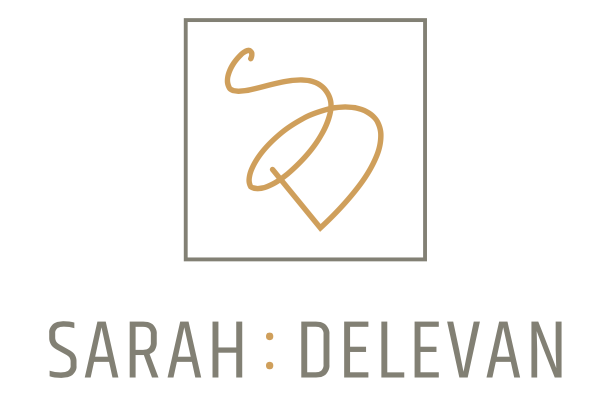costs of goods sold, aka “Cogs”…
Many food business owners are Confused as to what their costS of goods sold (COGS) are…
Should my rent be included?
What about labor?
Merchant Fees are a COG?!
some know exactly what their food business COGS are, but don’t know why understanding + tracking your COGS is so important…
My COGS go up and down depending on what I make and sell each month… why do I need to track them?
WHAT exactly should I be tracking?!
Whichever boat you’re in, You are not alone!
In this video I'm answering these 3 common questions about food business COGS:
What are Costs of Goods Sold?
Why are COGS important to track, and how do i track them?
How can understanding my COGS help me build a profitable food business?
Dig in and comment below to tell me what nugget of info you found most helpful!
About the Author: Sarah Delevan is a Food Business Financial Coach and Consultant with over 7 years of working in the food industry. She received her MBA from Rollins College and In 2017 she founded Sarah Delevan Consulting based in Los Angeles, CA and serving clients across the United States. She is the creator of the Financial Success Formula and the founder of the Profitable Food Business program as well as the host of The Good Food CFO Podcast. To learn more about Sarah and opportunities to grow a more profitable food business Click Here.








